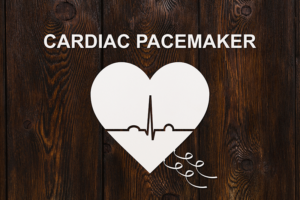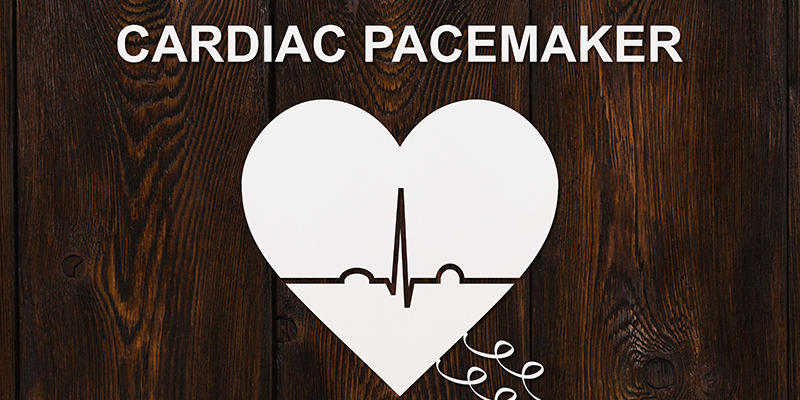
A heart pacemaker is a medical device that is battery driven and implanted just under the skin. It has leads or cables that run from the device to the heart through a vein.
A pacemaker can reduce the symptoms of heart diseases resulting from abnormalities in electrical impulses in the heart. It can automatically adjust the heart’s electrical pulses, according to the information it records. Dr. Benny Jose gives brief information about how the Heart Pacemaker machine works and its purpose.
Purpose:
- Treatment of very slow heart rate that causes symptoms of lightheadedness, dizziness, blackout in vision, or loss of consciousness
- Treatment of high heart rates that are secondary to arrhythmias
- As prophylaxis for life-threatening cardiac arrest in those predisposed to such conditions.
Procedure:
- The implantation of the Heart Pacemaker is either temporary or permanent.
- For temporary implantation, heart pacemakers are inserted to cure slow heartbeats post-heart attack, surgery, or medication overdose.
- For permanent heart pacemakers, implantation is done to rectify the slow heartbeats and, in specific cases, to address heart failure or arrhythmias.
- The procedure includes blood tests, regular doctor assessment to investigate the patient’s medical history and conditions.
- After all the necessary medical formalities, the doctor inserts the pacemaker just under the skin of the chest. He implants the leads to the relevant heart chambers and connects them to the pacemaker.
- After that, the incision is sealed, and an electrocardiogram is used to test the new device.
Risks:
- The most common being infection at the pacemaker’s site.
- Other less common complications include swelling, bleeding or bruising.
- Lung complications and damaged blood vessels are severe but infrequent complications
- Allergic reactions to dye or anesthesia used during the surgery can also occur.
About Dr. Benny Jose –
Dr. Benny Jose has a cumulative of 13 years of experience in treating cardiac ailments. He has gained the majority of his experience by working as a senior faculty in Asia’s largest cardiology institute, the U. N. Mehta Institute of Cardiology and Research Centre (affiliated to B. J. Medical College, Ahmedabad, Gujarat). With an experience of over 5000 interventional and triple that of diagnostic coronary procedures, his interventional skills are beyond question. The Interventional services that he extends include complex coronary interventions, including but not limited to the use of ancillary cutting edge technologies like Rotablation, Intravascular ultrasound, and optical coherence tomography assisted coronary interventions.
Beyond coronary interventions, he also routinely performs peripheral vascular interventions like that for occluded blood vessels of the limbs, aortic interventions, and carotid interventions.







